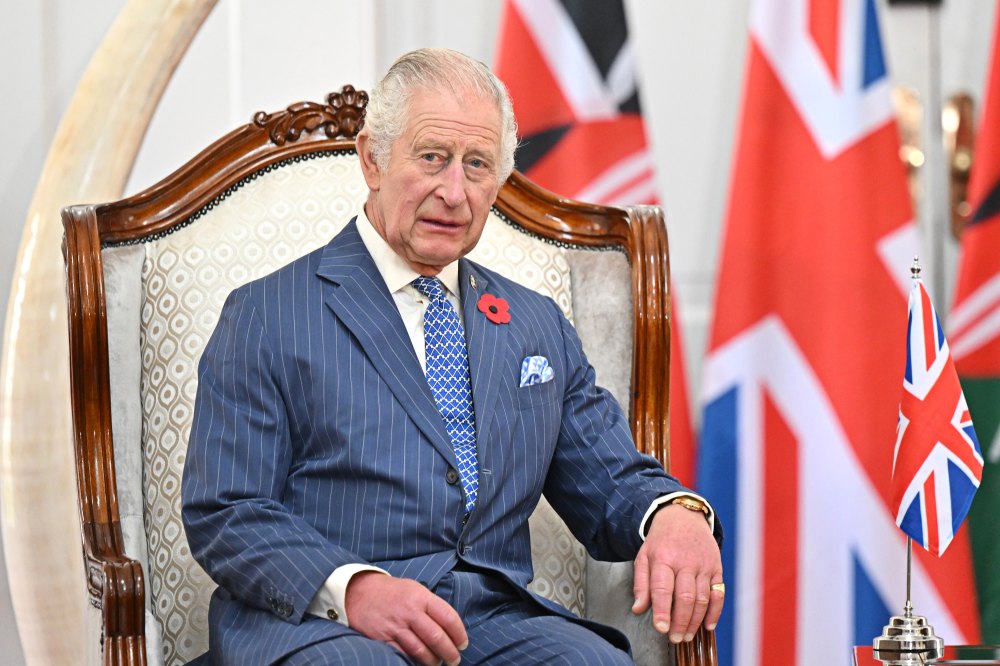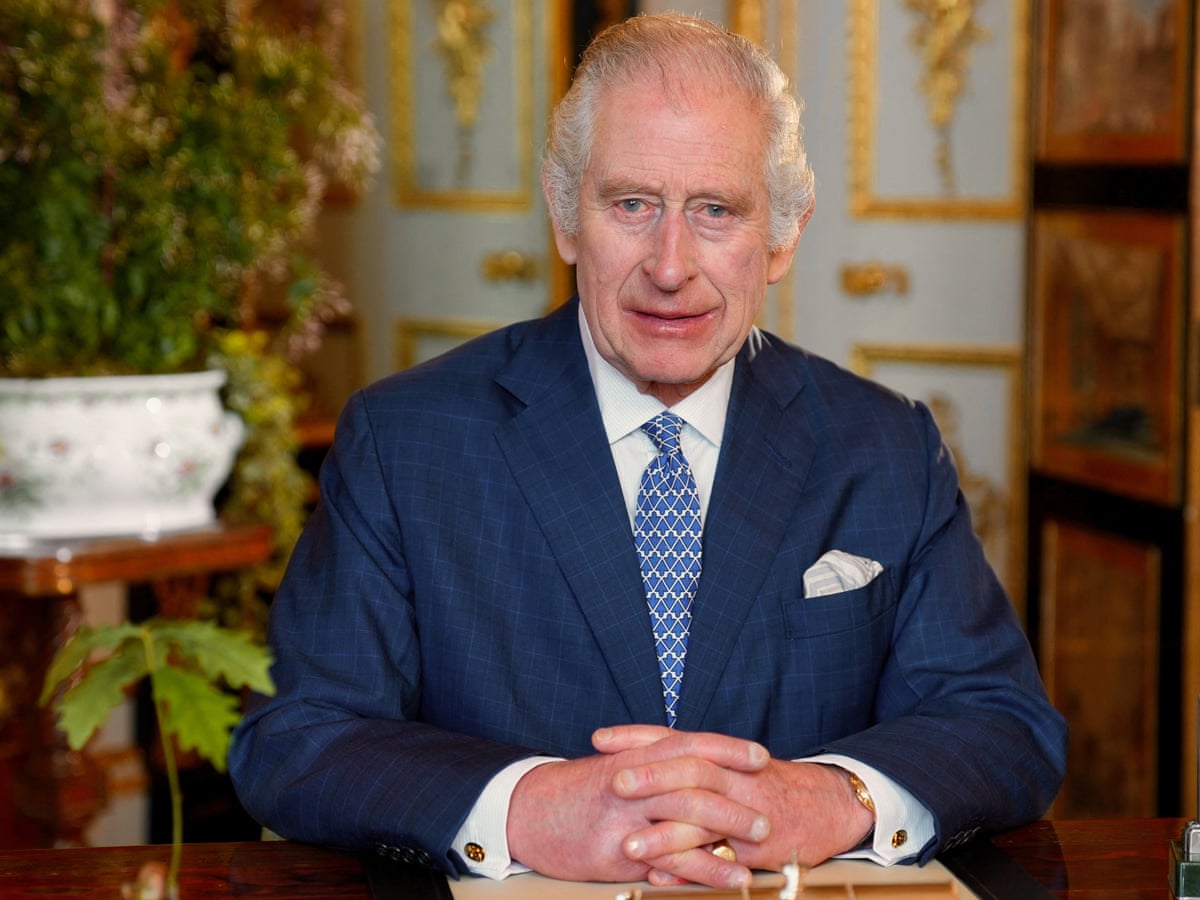In the age of instant communication, misinformation can spread like wildfire, causing confusion and concern among the public. Recently, false reports circulated claiming that King Charles III had passed away. These rumors originated from unreliable sources and quickly gained traction online. This article will explore what happened, provide the lasted update on King Charles III, and delve into the impact of such viral misinformation.
What Happened: The Origin of the Death Rumors

The rumors about King Charles III‘s death began on March 18, 2024, when Russian media outlets falsely reported that the British monarch had passed away. These reports quickly spread across social media, leading to widespread speculation and concern. However, it soon became clear that the information was entirely unfounded, as there were no credible sources or official confirmations to support the claim.
The Lasted Update: Buckingham Palace Denies the Rumors

In response to the circulating rumors, Buckingham Palace issued an official statement denying the reports of King Charles III’s death. The palace confirmed that the King was alive and continuing with his official duties and private engagements. The statement read, “We are happy to confirm that the King is continuing with official and private business,” putting to rest the false claims that had caused so much alarm.
Video Viral: The Role of Social Media in Spreading False News
A video viral on platforms like Twitter, Facebook, and YouTube played a significant role in amplifying the rumors about King Charles III. These videos, often featuring sensational headlines and dramatic music, misled viewers into believing the false reports. The viral nature of these videos highlights how quickly misinformation can spread, particularly when it taps into the public’s emotions and curiosity.
Leak Video: Addressing the Spread of Misinformation

In addition to the viral videos, a leak video surfaced online, claiming to provide exclusive footage related to King Charles III’s supposed death. However, like the initial rumors, this video was also based on false information and was quickly debunked by credible news sources. The spread of such deceptive content underscores the importance of verifying information before accepting it as truth.
The Impact of the Rumors: Public Concern and Media Scrutiny
The false reports of King Charles III‘s death had a significant impact, causing concern among the public and prompting media scrutiny. Many people took to social media to express their shock and sadness, while others questioned the credibility of the sources spreading the rumors. The situation also led to increased attention on how misinformation can easily be mistaken for fact, particularly in the fast-paced world of online news.
The Role of Buckingham Palace: Quick Response to Quell the Rumors
Buckingham Palace acted swiftly to address the rumors, issuing a statement that reassured the public and clarified the situation. The quick response helped to contain the spread of misinformation and provided a clear and authoritative source of truth. This incident highlights the importance of timely and accurate communication from official channels in combating false news.
King Charles III: A Life of Duty and Service
King Charles III, who ascended the throne following the death of his mother, Queen Elizabeth II, has dedicated his life to public service. Known for his deep commitment to environmental causes, architecture, and charitable work, Charles has spent decades preparing for his role as monarch. His reign, though still in its early stages, has been marked by a continuation of the values and responsibilities that have defined his public life.
Recent Public Appearances: King Charles Continues His Duties
Since the rumors began, King Charles III has been seen in public on several occasions, reaffirming that he is alive and well. He has participated in meetings with veterans at Buckingham Palace and attended other official engagements. These appearances have served to further dispel the rumors and demonstrate the King’s ongoing commitment to his role.
The Influence of Russian Media: Understanding the Source of the Rumors
The false reports of King Charles III‘s death originated from Russian media outlets, which have been known to spread misinformation in the past. This incident raises questions about the motives behind such false reporting and the impact it can have on international perceptions. Understanding the source of these rumors is crucial in addressing the broader issue of misinformation in the media.
The Response from the British Embassy in Ukraine
In the wake of the false reports, the British Embassy in Ukraine also issued a statement confirming that the news of King Charles III’s death was inaccurate. The embassy’s quick action helped to clarify the situation for those who had seen the rumors and provided additional assurance that the King was continuing with his duties.
The Role of Social Media: A Double-Edged Sword
Social media has become a powerful tool for communication, but it also has the potential to amplify misinformation. The case of King Charles III‘s death rumors is a clear example of how quickly false information can spread and how difficult it can be to correct once it gains momentum. This incident highlights the need for users to approach news on social media with a critical eye and for platforms to implement stronger measures to prevent the spread of false information.
How Fans Reacted: The Emotional Impact of the Rumors
The rumors of King Charles III‘s death had an emotional impact on many people, particularly in the United Kingdom, where the monarchy holds a significant place in national identity. Fans and royal watchers expressed their relief when the rumors were debunked, but the incident also left many feeling uneasy about how easily misinformation can disrupt their sense of reality.
The Importance of Fact-Checking: Preventing the Spread of Misinformation
In an era where misinformation is rampant, it is crucial for individuals to take steps to verify the accuracy of the news they encounter. This is especially important when it concerns sensitive topics like the health or death of public figures. Simple actions like checking the credibility of the source, looking for official statements, and being skeptical of sensational headlines can go a long way in preventing the spread of false information.
The Public’s Role: Promoting Responsible Sharing
Fans and social media users play an essential role in combating misinformation by being vigilant and responsible in what they share. In the case of King Charles III, many users quickly recognized the discrepancies in the reports about his death and took to social media to correct the narrative. By prioritizing truth and accuracy, the public can help create a more informed and respectful online community.
The Impact on Public Figures: Navigating Rumors and Reality
For public figures like King Charles III, navigating rumors and misinformation is an unfortunate reality of their profession. While they may develop a thick skin over time, these rumors can still be distressing for their families and close friends. It’s a reminder of the pressures that come with fame and the responsibility that the media and the public have to treat these individuals with respect and care.
Conclusion: The Legacy of King Charles III and the Importance of Truth
The rumors surrounding King Charles III‘s death were a stark reminder of how quickly misinformation can spread and the importance of seeking the truth. Despite these unfounded claims, King Charles III remains alive and continues to fulfill his duties as monarch. His legacy, both as Prince of Wales and now as King, is one of dedication to service, environmental advocacy, and a commitment to the well-being of the British people. As we reflect on this incident, it is clear that truth and accuracy are more important than ever in today’s media landscape. By promoting responsible sharing and critical thinking, we can all contribute to a more informed and trustworthy world.
